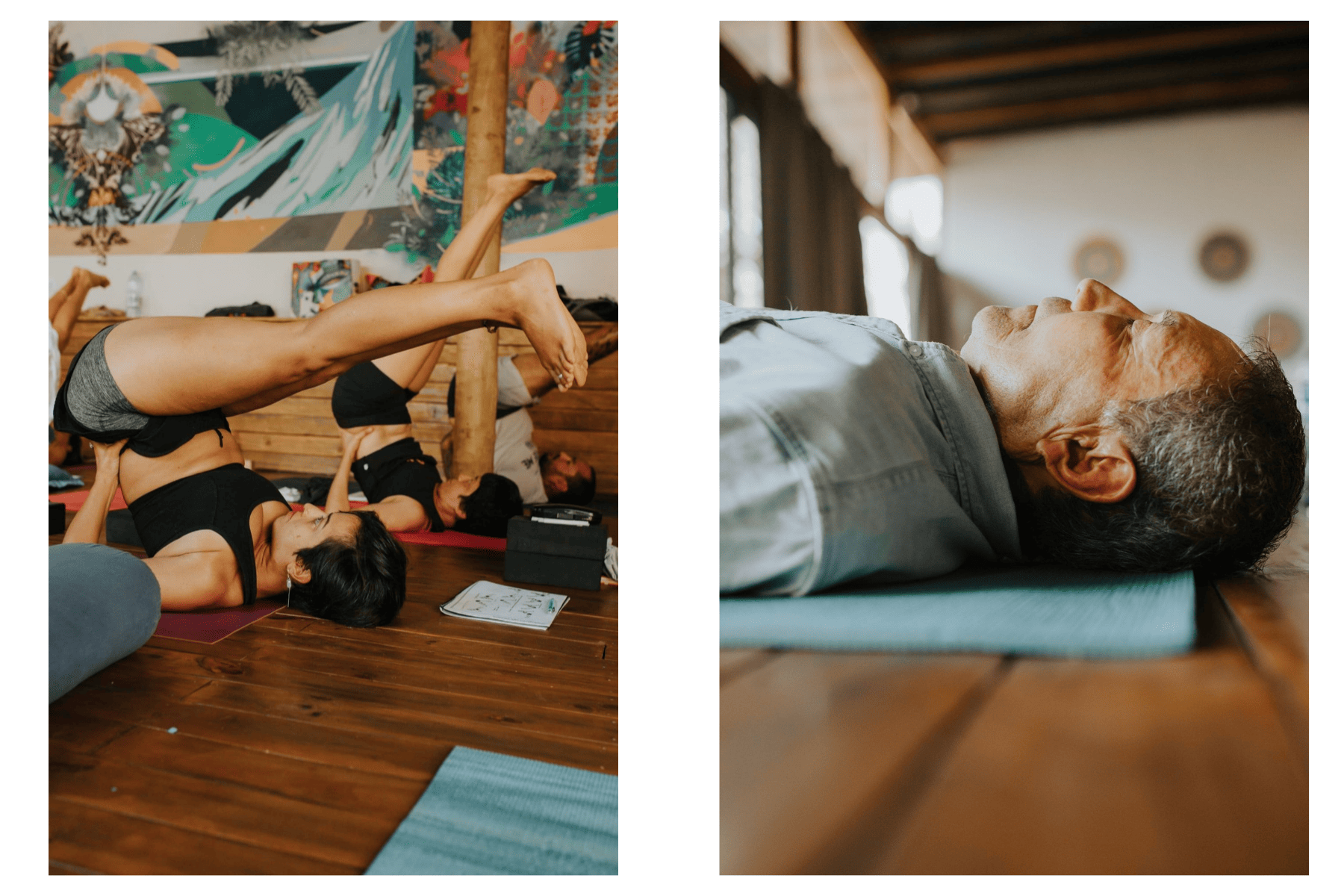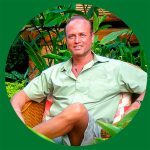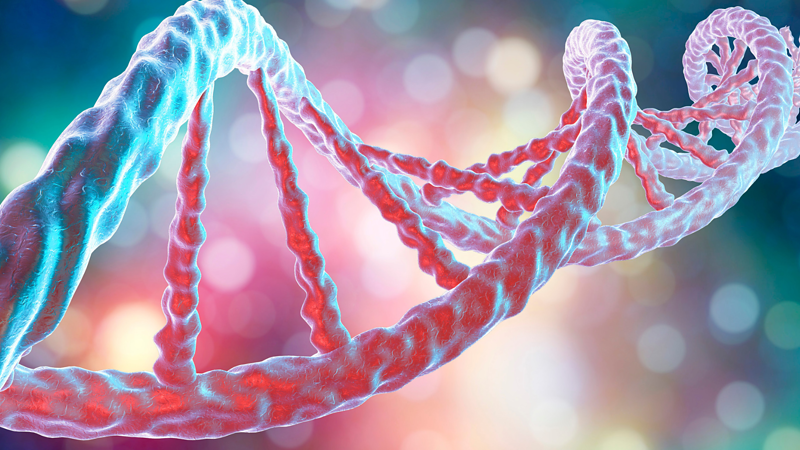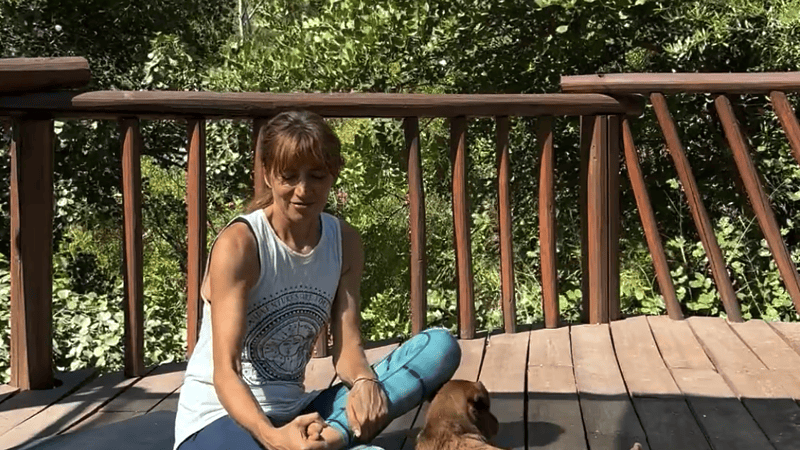
Genetics and Epigenetics
The Dynamic Duo Shaping Your Aging Journey - By Peter Crass
Reading time: 3 minutes
Genetics plays a significant role, accounting for about 20-30% of how long we live and how we age. Nonetheless, this percentage isn't set in stone and can fluctuate depending on various lifestyle choices and environmental factors. Epigenetics, however, serves as the bridge between our genetic makeup and the environmental influences that shape our health and well-being.
Our inherited genetic makeup can impact our vulnerability to specific age-related ailments like heart issues, type 2 diabetes, and certain forms of cancer. Yet, how these genetic predispositions materialize and affect the aging process is heavily contingent on our lifestyle choices and the external environment we inhabit.
Adopting a healthy lifestyle and proactive measures can help us age more gracefully, even if we have genetic predispositions toward certain age-related conditions. Hence, while genetics undeniably contributes, it's not the sole determinant. Epigenetics assumes a pivotal role in regulating gene expression through various factors such as diet, environmental exposures, exercise, stress, and our overall lifestyle choices.
In simpler terms, genetics are akin to the inherited instructions in our DNA from our parents that influence our physical traits. Epigenetics, on the other hand, controls how these genetic instructions are activated or deactivated, thereby affecting our longevity and health outcomes.
Coined by British scientist Conrad Waddington in the 1940s, the term "epigenetics" blends the Greek words "epi" (meaning "above" or "upon") and "genetics" (referring to genes), suggesting that these changes happen "above" or "beyond" conventional genetics. Over recent decades, the significance of epigenetics in diverse biological processes, ranging from development to health, disease, and aging, has garnered increasing recognition in scientific research.
Distinguishing between genetics and epigenetics is crucial for understanding how we can enhance our overall quality of life, a central objective for GPBALANCE, a therapeutic and holistic yoga method created by Gustavo Ponce. By recognizing the interplay between these two factors, we can make informed choices and take proactive steps to live healthier and more fulfilling lives. Get stronger, feel younger, be happier, and reach emotional stability.








